TRESCA ReTHINK Final event
21st of March (13:30pm – 17:30 CET) | Online
22nd of March (9:30am – 13:00 CET) | Online
While science communication may be more important than ever, it is also more challenging. We live in a time of uncertainty that challenges established relationships between science, media, publics and politics. Science is openly contested in the public arena by actors that at best raise doubt and at worst respond antagonistically to scientific practice. Efforts to shift towards a new science communication ecosystem, one that is more adaptive and at the same time reliable and trustworthy, have been at the heart of both the RETHINK and TRESCA project.
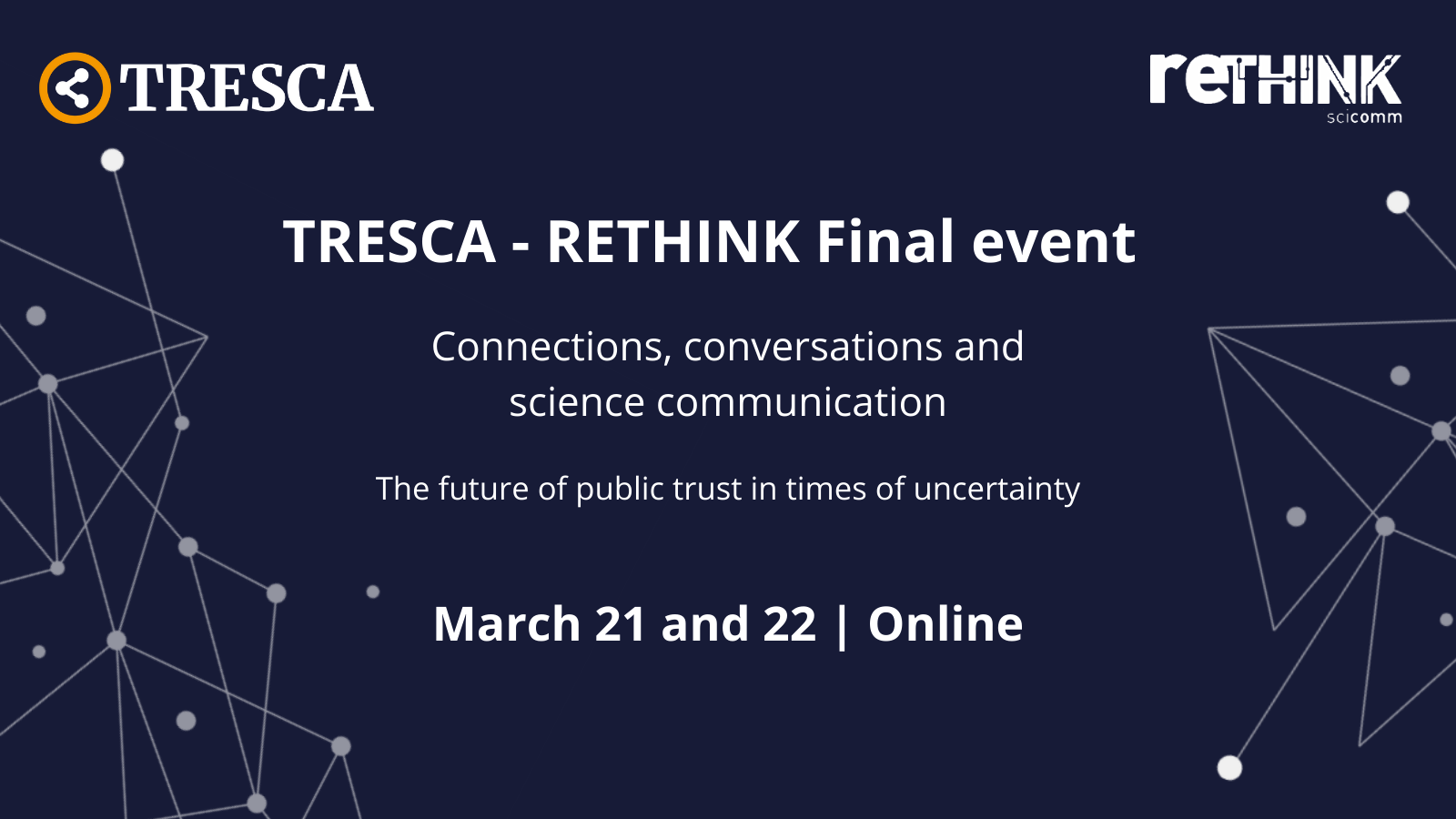
This final conference culminates the efforts of these projects to highlight ongoing conversations between scientists, policy makers, media and science communication practitioners and a variety of publics. The conference focuses on how we can strengthen the connections between various stakeholders and publics in order to more effectively respond to current and future uncertainties. We look towards a future in which science becomes more a point of connection than one of polarisation. In a series of keynotes, panels, and engaging conversations, we will discuss and co-create how science communication as a practice can build towards public trust - by making new connections and shaping the conversations that matter.
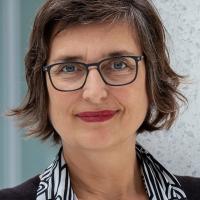
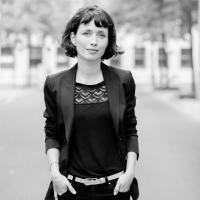
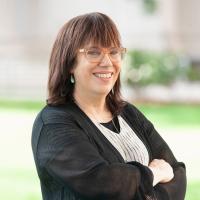
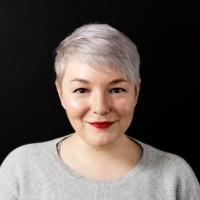
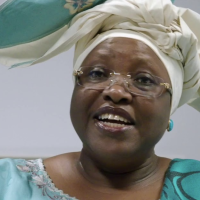
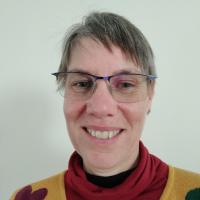


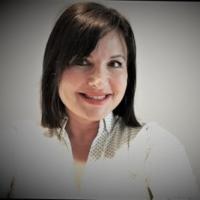
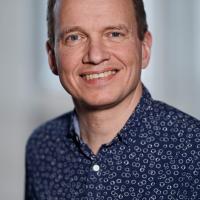
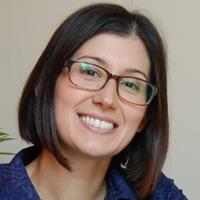
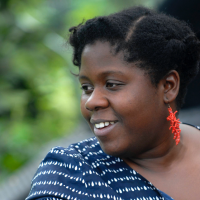
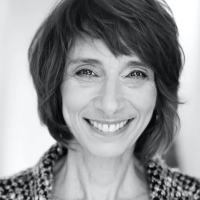
Day 1, 21st March 2022, 13:30 – 17:00 CET | Online
Chair: Jason Pridmore, Erasmus University Rotterdam, NL
13:30 Welcoming remarks: Michael Arentoft, Policy Officer, DG Research, European Commission
13:55 Panel 1: Forging connections with new audiences in times of polarisation and misinformation
Not all members of society are reached equally by science when it is communicated. Typical audiences are white, affluent, with a relatively high level of formal education and with a pre-existing interest in science. Creating a closer integration between science and society is important as it plays a role in enabling Responsible Research and Innovation. This means that the disconnect between science and a significant proportion of society across Europe is a significant problem. This session will consider the current challenges in forging connections between science and all members of society, as well as looking towards potential solutions and the implications for policy.
- Moderator: Emma Weitkamp, University of the West of England, UK
- Andy Ridgway, University of the West of England, UK
- Vanessa Mignan Jenkins, Independent consultant and trainer, FR
- Sara Degli Esposti, Spanish National Research Council, ES
- Annette Leßmöllmann, Karlsruhe Institute for Technology, DE
14:45 Break
14.50 Keynote 1 - Deborah Blum, Director, Knight Science Journalism Program at Massachusetts Institute of Technology: “Journalism in the Age of Mistrust: Lessons from the Covid-19 Pandemic”
15:30 Panel 2 #LegitScience: challenges and opportunities in doing effective science communication on social media
Our understanding of science is no longer just what we learn in schools or books. This change might be something to celebrate and encourage, however it does bring with it significant risks. Anyone with an internet connection can spread their message and reach thousands of people. On the one hand, the democratisation of sciences allows many people to discover and understand knowledge they might not have been previously interested in or did not have access to in the first place. On the other hand, scientific communication is not always straightforward and easy. A mistake or misinformation can easily occur. Particularly, in the case of fake news or conspiracy theories, these can spread rapidly on social media and have real-life impacts – whether in relation to viruses such as Covid-19 or news about military actions and their interpretation such as Russia’s invasion of Ukraine. Or they can have detrimental social consequences – such as people cutting ties with relatives that believe the Earth is flat or a politicians’ involvement in a satanic-pedophile ring. This panel will explore the dynamics about how to counter the risks of social media and science communication and explore the new and developing opportunities of more effectively communicating science on social media.
- Moderator, Diane Jeanblanc, Science|Business, BE
- Jing Zeng, University of Zurich, CH
- Lizzy Steib, Kurzgesagt, DE
- Maximilian von Perfall, YouTube
16:20 Break
16.25 Fireside chat - Aleksandra Hebda, Policy Officer, DG Research, European Commission
16.40 Conclusion Day 1: Jason Pridmore, Erasmus University Rotterdam, NL
16:50 Close
Day 2, 22nd March 2022, 09:30 – 12:30 CET | Online
Chair: Frank Kupper, VU Amsterdam, NL
9.30 Welcoming remarks: Frank Kupper, VU Amsterdam, NL
9.40 Keynote 2 - Dr. Elizabeth Rasekoala, President, African Gong - The Pan African Network for the Popularization of Science & Technology and Science Communication: “Rethinking public trust in science communication: paradigm shifts in transformation, reflection and practice”
10.20 Break
10:25 Panel 3 Transformation and reflection: how can reflective practice help us adapt to current complexities?
The science communication ecosystem is increasingly dynamic and complex. The rise of social media, sensationalization and politicisation of science, and the fragmentation of the science communication ecosystem have fundamentally changed the way in which science communicators practise their work. Online, scientific information is abundant - and so the many different opinions and perspectives that exist regarding science have become more prevailing too. In the public debate, it has become apparent that science cannot always provide clear-cut answers to complex societal problems, for science is sometimes ambiguous, uncertain or even contradicting. For science communicators, it is increasingly difficult to curate what information should enter the public debate, as well as how to moderate constructive public conversations about the science involved. It has pointed towards the importance of transforming the science communication ecosystem towards one that is open, reflective and enables for public conversations on underlying values and worldviews - next to merely discussing scientific facts. What transformations are required to deal with the current complexities in the science communication field? How should we deal with polarisation, science denialism and politicisation of science in public conversations on science? And what is the value of reflection and reflective practices to ensure the needed transformation happens?
- Moderator: Frank Kupper, VU Amsterdam, NL
- Tessa Roedema, VU Amsterdam, NL
- Elisabetta Tola, Formicablu, IT
- Joseph Roche, Trinity College Dublin, IE
11.15 Fireside chat - Catherine Franche, Ecsite, in conversation with Frank Kupper, VU Amsterdam, NL
11.30 Break
11:35 The future of public trust: what role for policy? Panel 4 (50 min)
Trust has been eroding recently, and a variety of global pressures have brought this phenomenon into a new light. In any case, trust can be understood in an interrelated way: While more traditional scientific policy advice used to happen behind closed doors in a linear model, RETHINK and TRESCA put a plea to understand and move forward the more dynamic framework taking place in today's science-policy nexus through an open dialogue with multiple stakeholders. Reaching out for policy-makers and influencers, the TRESCA policy brief focuses on Science Communication in Support of Evidence-based Policy Making, while the RETHINK project reflects on Improving digital science communication in Europe. Both projects highlight the influence science communication and policy mutually have on each other, as well as on major trends in the broader innovation policy and digitalization, including among others a stronger engagement between science and policy stakeholders, a more accountable and open science communication, or a higher awareness of and prevention against fake news and misinformation. Against this background, we look for the potential legacy of both projects and ask how to incorporate (controversial) feedback gained during iterative cycles with stakeholders: What does this mean for policy advice? Discuss with us! TRESCA Policy Brief - RETHINK Policy Brief
- Moderator: Pamela Bartar, Centre for Social Innovation (ZSI), AT
- Peter Hylgard, Danish Board of Technology, DK
- Birte Fähnrich, German Federal Ministry of Education and Research, DE
- Gabor Szüdi, Centre for Social Innovation (ZSI), AT
12:25 Conclusion Day 2: Frank Kupper, VU Amsterdam, NL
12:30 Close
Panel 1: Forging connections with new audiences in times of polarisation and misinformation
Description: Not all members of society are reached equally by science when it is communicated. Typical audiences are white, affluent, with a relatively high level of formal education and with a pre-existing interest in science. Creating a closer integration between science and society is important as it plays a role in enabling Responsible Research and Innovation. This means that the disconnect between science and a significant proportion of society across Europe is a significant problem. This session will consider the current challenges in forging connections between science and all members of society, as well as looking towards potential solutions and the implications for policy.
Moderator: Emma Weitkamp, UWE
Format - 5 minute presentation from each panellist on the theme: What are the current challenges and barriers to forging connections with new audiences?
Then discussion prompted by two questions:
- How can policy be developed to foster a culture of forging connections with a wider range of audiences about science? This policy may relate to the EU, national governments, research funding and performing organisations and civil society organisations.
- What will be the key first steps in forging connections between science and a broader range of society?
Theme: Connections
- Panellist 1: Andy Ridgway, RETHINK
- Panellist 2: Vanessa Mignan
- Panellist 3: Sara Degli Esposti (TRESCA)
- Panellist 4: Annette Leßmöllmann, Karlsruhe Institute for Technology, Germany
Panel 2: #LegitScience: challenges and opportunities in doing effective science communication on social media
Description:
Our understanding of science is no longer just we learn in schools or books. This change might be something to celebrate and encourage, however it does bring with it significant risks. Anyone with an internet connection can spread their message and reach thousands of people. On the one hand, the democratisation of sciences allows many people to discover and understand knowledge they might not have been previously interested in or did not have access to in the first place. On the other hand, scientific communication is not always straightforward and easy. A mistake or misinformation can easily occur. Particularly, in the case of fake news or conspiracy theories, these can spread rapidly on social media and have real-life impacts – whether in relation to viruses such as Covid-19 or news about military actions and their interpretation such as Russia’s invasion of Ukraine. Or they can have detrimental social consequences – such as people cutting ties with relatives that believe the Earth is flat or a politicians’ involvement in a satanic-pedophile ring. This panel will explore the dynamics about how to counter the risks of social media and science communication and explore the new and developing opportunities of more effectively communicating science on social media.
Moderator: Diane Jeanblanc
Theme: Science communication, platforms and practice?
- Panellist 1: Jing Zeng, Senior Research and Teaching Associate, University of Zurich
- Panellist 2: Lizzy Steib, Kurzgesagt
- Panellist 3: Maximilian von Perfall, Strategic Manager, Youtube
Panel 3: Transformation and reflection: how can reflective practice help us adapt to current complexities?
Description: Transformation by means of reflective practice and communities of inquiry and practice, in order to adapt to complexities of current landscape. Brings together actors from science communication theory and practice.
Theme: Conversations
Moderator: Frank Kupper (VU Amsterdam)
- Panellist 1: Tessa Roedema (VU Amsterdam)
- Panellist 2: Joseph Roche
- Panellist 3: Elisabetta Tola, Formicablu
Panel 4: The future of public trust: what role for policy?
Description:
Moderator: Pamela Bartar (ZSI)
Theme: Policy
- Panellist 1: Peter Hylgard (DBT)
- Panellist 2: Birte Fähnrich, former senior researcher Freie Universitat Berlin, now science communication policy advisor, at ministry education and research (RETHINK) (TBC)
- Panellist 3: Gabor Szüdi (ZSI)
Partners



 A unique international forum for public research organisations and companies to connect their external engagement with strategic interests around their R&D system.
A unique international forum for public research organisations and companies to connect their external engagement with strategic interests around their R&D system.